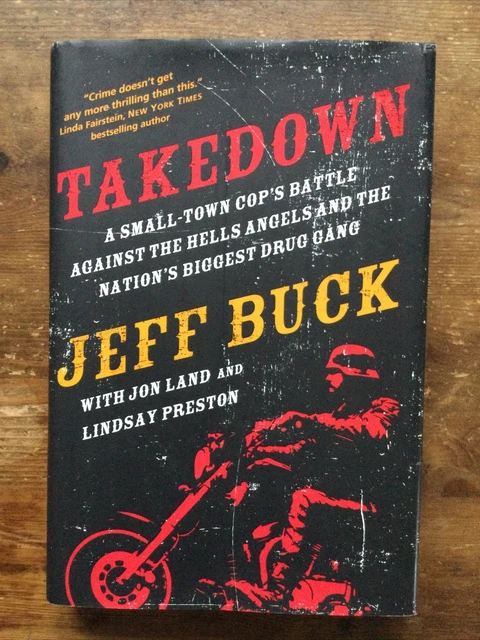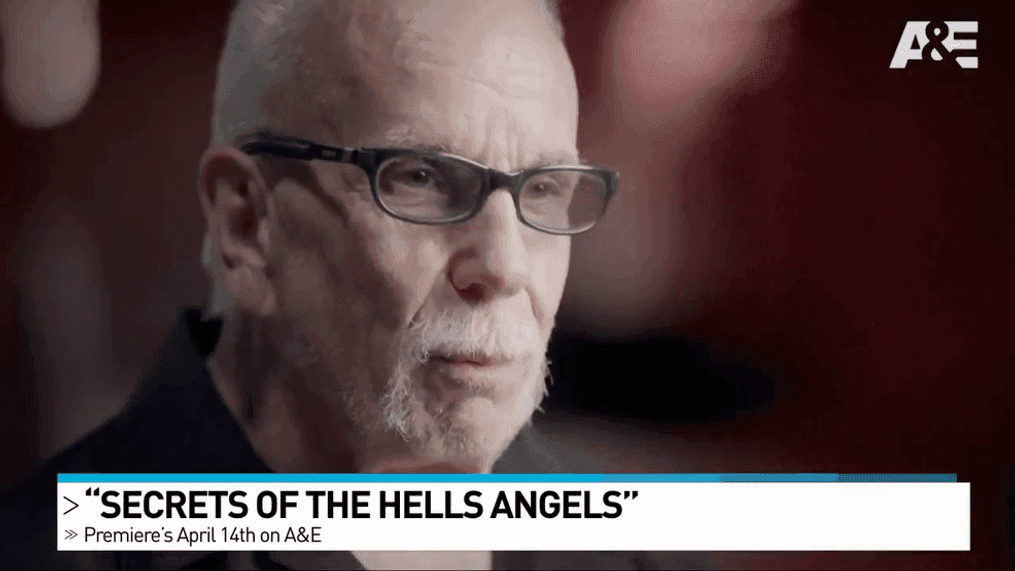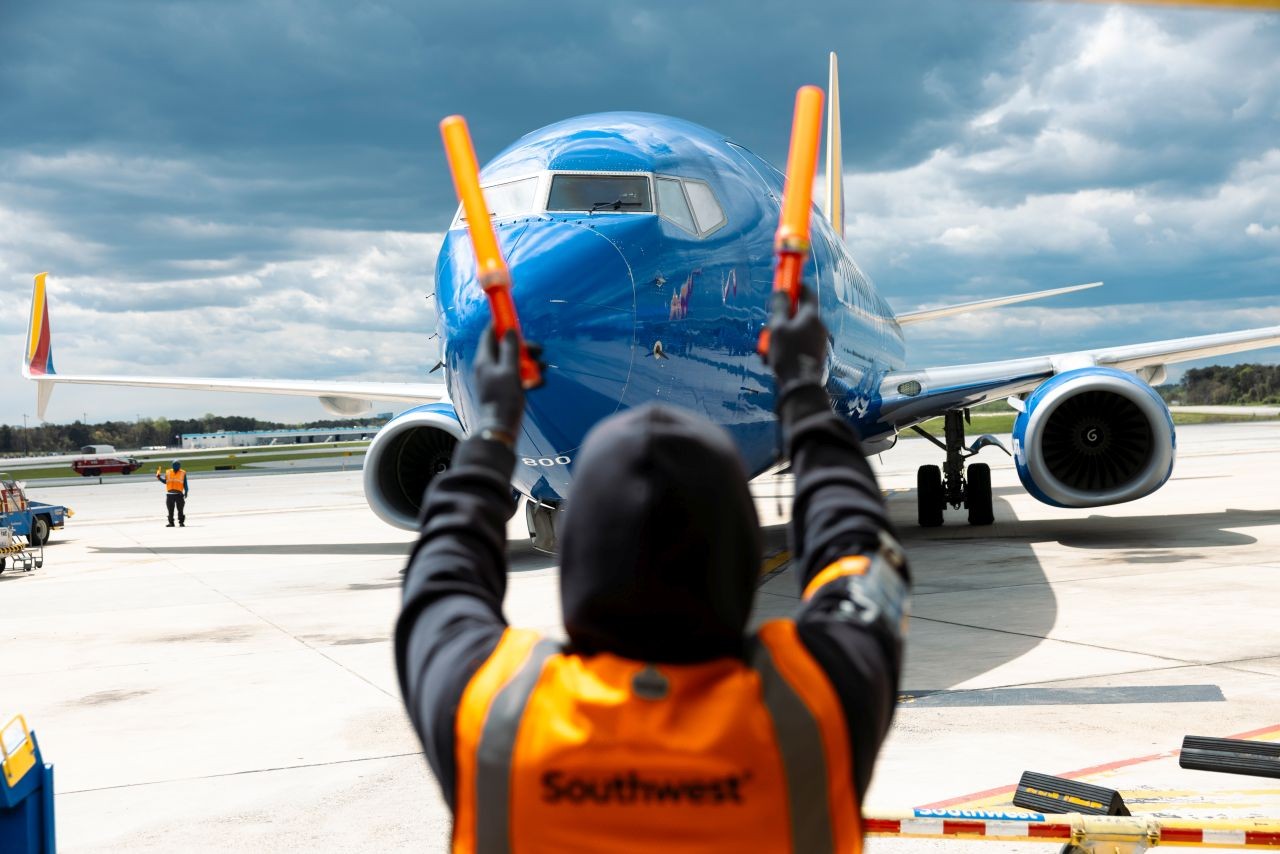Hells Angels: Myths And Realities

Table of Contents
The History of the Hells Angels
The Hells Angels' origins trace back to post-World War II California. Founded in 1948 in Fontana, California, the club initially consisted of a group of World War II veterans and other young men drawn together by a shared love of motorcycles and a rebellious spirit against the established order. Their early activities revolved around motorcycle riding, camaraderie, and a distinct outlaw image that quickly attracted attention. The club's evolution has been marked by significant expansions, internal conflicts, and a shifting public perception, transforming from a local motorcycle club into a globally recognized (and feared) organization.
- Founding year: 1948
- Initial location: Fontana, California
- Early club activities: Motorcycle riding, bar fights, and early instances of criminal activity.
- Key figures in early Hells Angels history: While specific names are often debated, early members laid the foundation for the club’s structure and ethos.
The Hells Angels' Global Presence and Structure
The Hells Angels boast a complex and hierarchical structure, operating as a network of autonomous chapters spread across numerous countries. This international network comprises hundreds of chapters, each with its own leadership and internal operations. However, a strict chain of command connects these seemingly independent entities. The process of establishing a new chapter involves rigorous vetting and adherence to established rules, reflecting the club's centralized control. The significance of charters lies in their formal recognition of a chapter within the overall Hells Angels organization.
- Number of chapters worldwide: Hundreds, spanning multiple continents.
- Key leadership positions: The club maintains a structured hierarchy, with a president at each chapter level and higher-ranking officers overseeing larger regions or the entire organization.
- Regional differences: While sharing a common identity, chapters may exhibit variations in their activities and styles based on local contexts and cultures.
- Initiation rites: Membership in the Hells Angels is not easily obtained and involves a rigorous process.
Myths and Misconceptions about the Hells Angels
Media portrayals have significantly shaped public perception of the Hells Angels, often perpetuating negative stereotypes and contributing to widespread misconceptions. One prevalent myth is that all Hells Angels members are involved in organized crime. The reality is far more nuanced. While some members have engaged in criminal activities, it's inaccurate to assume blanket criminality across the entire organization. Another common myth is that their activities are solely focused on drug trafficking, ignoring the diverse range of alleged activities undertaken by individual members.
- Common myths: All members are criminals; solely involved in drug trafficking; uniformly violent and lawless.
- Evidence contradicting these myths: Many members engage in lawful employment; internal rules and regulations aim for order within the club; not all chapters are equally involved in criminal activities.
- Responsible media portrayals (if any): While rare, some documentaries and journalistic pieces strive for objectivity, presenting a balanced picture of the club's diverse membership and activities.
The Reality of Criminal Activity within the Hells Angels
It is undeniable that some Hells Angels members have been involved in various criminal activities, including drug trafficking, violence, and racketeering. However, establishing a direct link between these actions and official club sanction is difficult. Many investigations have focused on individual members or specific chapters, rather than the overarching organization. The club's long history is replete with legal battles, highlighting the ongoing tension between the Hells Angels and law enforcement agencies worldwide.
- Examples of criminal activities: Drug trafficking, extortion, assault, and violence.
- Legal cases: Numerous high-profile trials and investigations have targeted the Hells Angels, though convictions are often difficult to secure.
- Penalties imposed: Penalties vary depending on the charges and jurisdiction, ranging from fines to lengthy prison sentences.
- Impact on public perception: Criminal activities continue to fuel negative perceptions and reinforce the outlaw image associated with the club.
The Hells Angels' Culture and Lifestyle
Beyond the criminal element, the Hells Angels possess a strong internal culture built on brotherhood, loyalty, and shared experiences. The motorcycle itself is central to their identity and lifestyle, symbolizing freedom and rebellion. Rallies and other social events foster camaraderie and reinforce group bonds. Their unique subculture involves a complex set of internal rules and traditions, creating a strong sense of belonging and exclusivity.
- Importance of motorcycles: Motorcycles are integral to the club's identity and culture.
- Social events: Rallies and other gatherings are crucial for maintaining social bonds and solidifying the club’s internal community.
- Internal rules and traditions: These unwritten and written rules govern internal interactions and maintain order within the club.
- Community involvement (if any): While largely absent from public discourse, isolated instances of charitable work or community involvement have been reported in some chapters.
Conclusion
This article examined the multifaceted reality of the Hells Angels Motorcycle Club, challenging pervasive myths and stereotypes. While acknowledging documented criminal involvement of some members, it's crucial to distinguish between individual actions and the overall club structure. The Hells Angels’ complex history, global presence, and unique subculture demand a nuanced understanding beyond sensationalized headlines. Understanding the Hells Angels requires moving beyond simplistic narratives. Continue exploring the intricacies of this notorious motorcycle club to form your own informed opinion about the Hells Angels: myths and realities.

Featured Posts
-
 Met Gala 2025 Naomi Campbells Absence Sparks Rumors Of Anna Wintour Fallout
May 25, 2025
Met Gala 2025 Naomi Campbells Absence Sparks Rumors Of Anna Wintour Fallout
May 25, 2025 -
 Unveiling The Hells Angels A Look Inside
May 25, 2025
Unveiling The Hells Angels A Look Inside
May 25, 2025 -
 Los Hijos De Alberto De Monaco Hacen La Primera Comunion
May 25, 2025
Los Hijos De Alberto De Monaco Hacen La Primera Comunion
May 25, 2025 -
 Dazi E Mercati Finanziari L Impatto Delle Tensioni Commerciali Ue
May 25, 2025
Dazi E Mercati Finanziari L Impatto Delle Tensioni Commerciali Ue
May 25, 2025 -
 Get Tickets For Bbc Big Weekend 2025 In Sefton Park A Step By Step Guide
May 25, 2025
Get Tickets For Bbc Big Weekend 2025 In Sefton Park A Step By Step Guide
May 25, 2025
